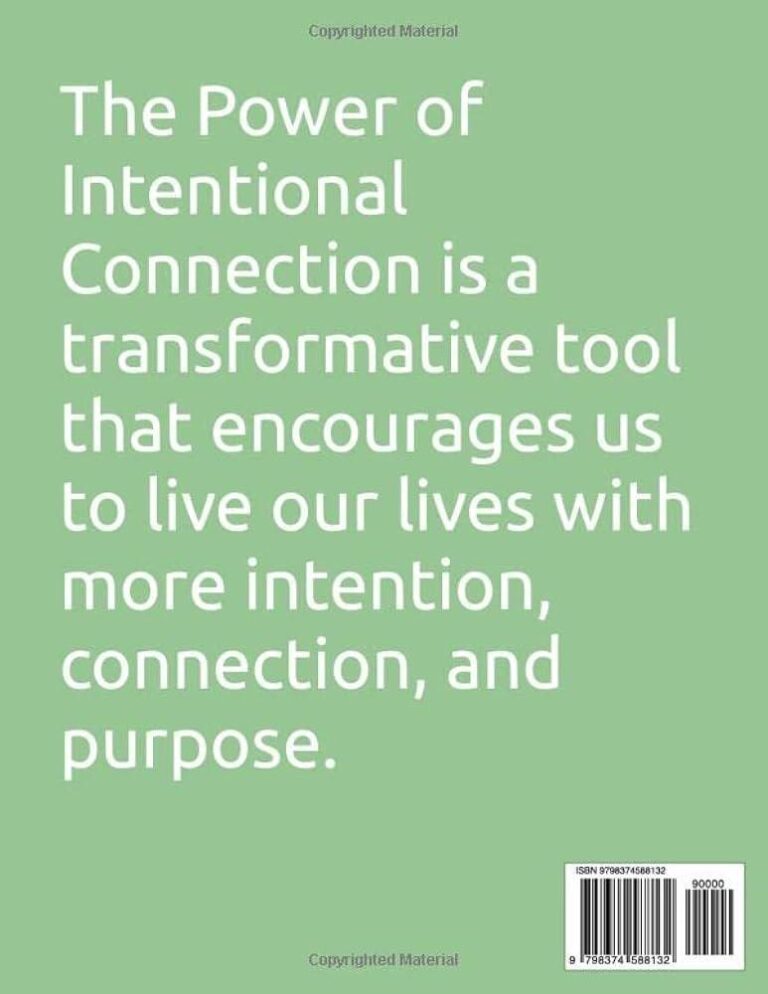In today’s fast-paced world, where interactions often happen in the blink of an eye, building genuine trust can sometimes feel like a lost art. Yet, trust remains the foundation of meaningful relationships—whether personal or professional. “” explores the idea that trust isn’t something to be rushed or taken for granted. Instead, it’s cultivated over time through mindful and deliberate efforts. In this article, we’ll dive into why taking a slow, thoughtful approach to connecting with others can lead to stronger, more authentic bonds that stand the test of time.
Table of Contents
- Building Genuine Relationships Through Active Listening
- The Role of Consistency in Establishing Reliability
- Creating Meaningful Interactions by Prioritizing Empathy
- Practical Strategies for Nurturing Trust Over Time
- Concluding Remarks
Building Genuine Relationships Through Active Listening
True connection begins when we shift our focus from simply hearing words to genuinely understanding the feelings and intentions behind them. Active listening demands a conscious effort to set aside distractions and judgments, creating a safe space where others feel valued and respected. This kind of presence allows conversations to deepen organically, fostering a climate where honesty and vulnerability can thrive.
By prioritizing active listening, you cultivate relationships that go beyond surface-level interactions. Key practices include:
- Maintaining eye contact to show genuine interest
- Asking thoughtful questions to clarify and encourage dialogue
- Reflecting back what you’ve heard to validate the speaker’s experience
- Being mindful of body language to convey openness and empathy
These intentional efforts build a foundation where trust grows naturally, allowing connections to deepen in meaningful and lasting ways.
The Role of Consistency in Establishing Reliability
Reliability is rarely established overnight; it is the product of persistent effort and intentional actions. When individuals or brands consistently follow through on their promises and maintain a steady presence, they create a foundation of trust that others can depend on. This steady reliability signals to people that they are dealing with someone who values their commitments and honors their word, which in turn deepens the connection over time.
Key elements that cultivate consistency include:
- Clear communication that sets realistic expectations
- Regular and dependable follow-up or engagement
- Transparent behavior that aligns with stated values
By embracing these principles, trust is built not on fleeting impressions but on a tangible track record. This deliberate pace encourages meaningful and lasting relationships that withstand challenges and foster genuine loyalty.
Creating Meaningful Interactions by Prioritizing Empathy
True connections are often cultivated through a sincere effort to understand and share the feelings of others. When people feel heard and valued, barriers dissolve and trust begins to bloom naturally. This requires more than just listening—it calls for *active engagement*, where every interaction is an opportunity to acknowledge perspectives and emotions without judgment or haste. Empathy acts as a bridge, closing gaps that distance individuals and paving the way for bonds anchored in authenticity.
Intentionality in interactions means prioritizing quality over quantity and choosing presence over distraction. Some simple, yet profound ways to nurture this approach include:
- Asking open-ended questions that invite deeper sharing
- Reflecting back what you’ve heard to confirm understanding
- Offering gentle support rather than quick fixes
- Respecting pauses and silences as part of meaningful dialogue
By inviting empathy into the heart of communication, relationships evolve beyond surface-level exchanges to become lasting, trust-filled connections that withstand the test of time.
Practical Strategies for Nurturing Trust Over Time
Developing trust is less about grand gestures and more about the consistent, intentional actions that signal reliability and respect. To foster trust effectively, prioritize active listening, which demonstrates genuine interest in others’ perspectives and reinforces emotional safety. Equally important is consistency—showing up when you say you will and aligning your actions with your words builds a dependable foundation. Small, deliberate steps such as acknowledging mistakes openly and following through on commitments turn vague promises into tangible proof of integrity.
In addition, nurturing trust requires nurturing empathy and patience. It’s crucial to create environments where open communication flourishes, free from judgment or rushed conclusions. Create opportunities for shared experiences that encourage collaboration and vulnerability. Consider these approaches:
- Regularly check in with individuals to understand evolving feelings and concerns
- Offer constructive feedback with kindness and clarity
- Celebrate progress, no matter how incremental, to reinforce positive patterns
By embedding these practices into daily interactions, trust grows not just as an abstract ideal but as a living, breathing part of your relationships—cultivated thoughtfully, nurtured over time, and empowered by authentic connections.
Concluding Remarks
In a world that often prizes speed and instant results, building trust slowly through intentional connections reminds us of the value found in patience and genuine effort. Trust isn’t something that can be hurried or forced—it flourishes over time when we engage authentically and listen deeply. By embracing this thoughtful approach, we create relationships that are not only stronger but also more meaningful. Ultimately, investing in slow, intentional connections is an investment in lasting trust—and in the people who truly matter.

